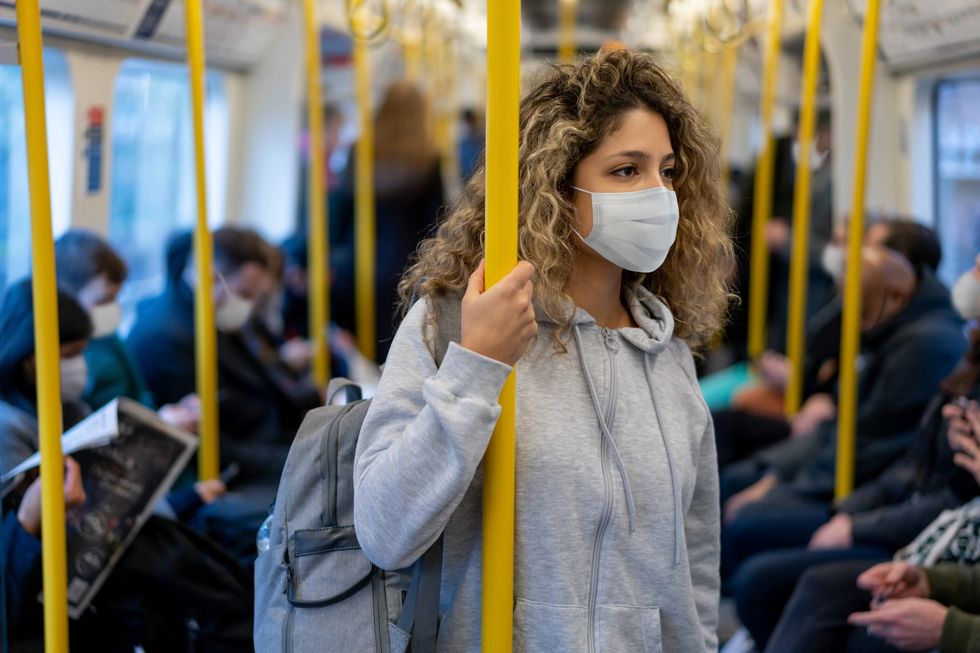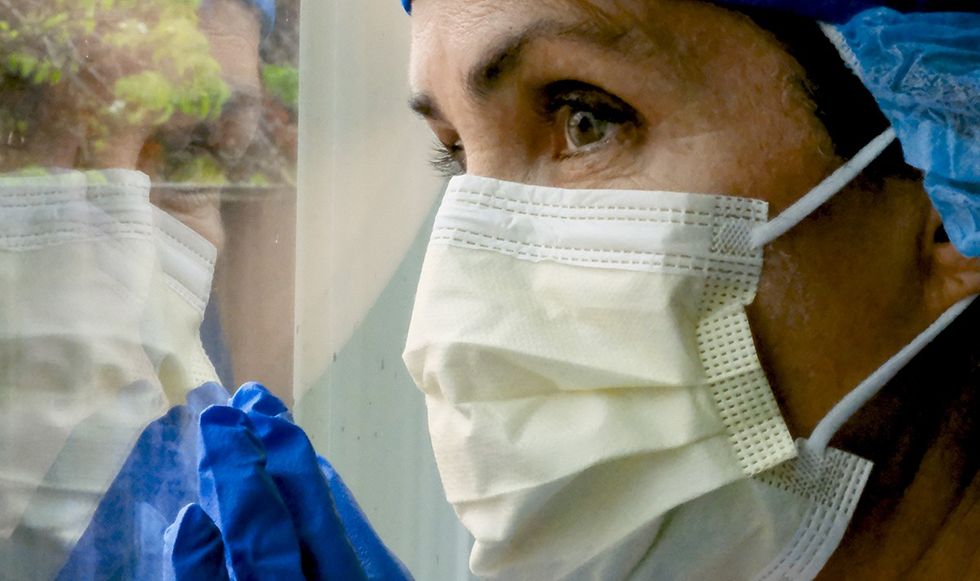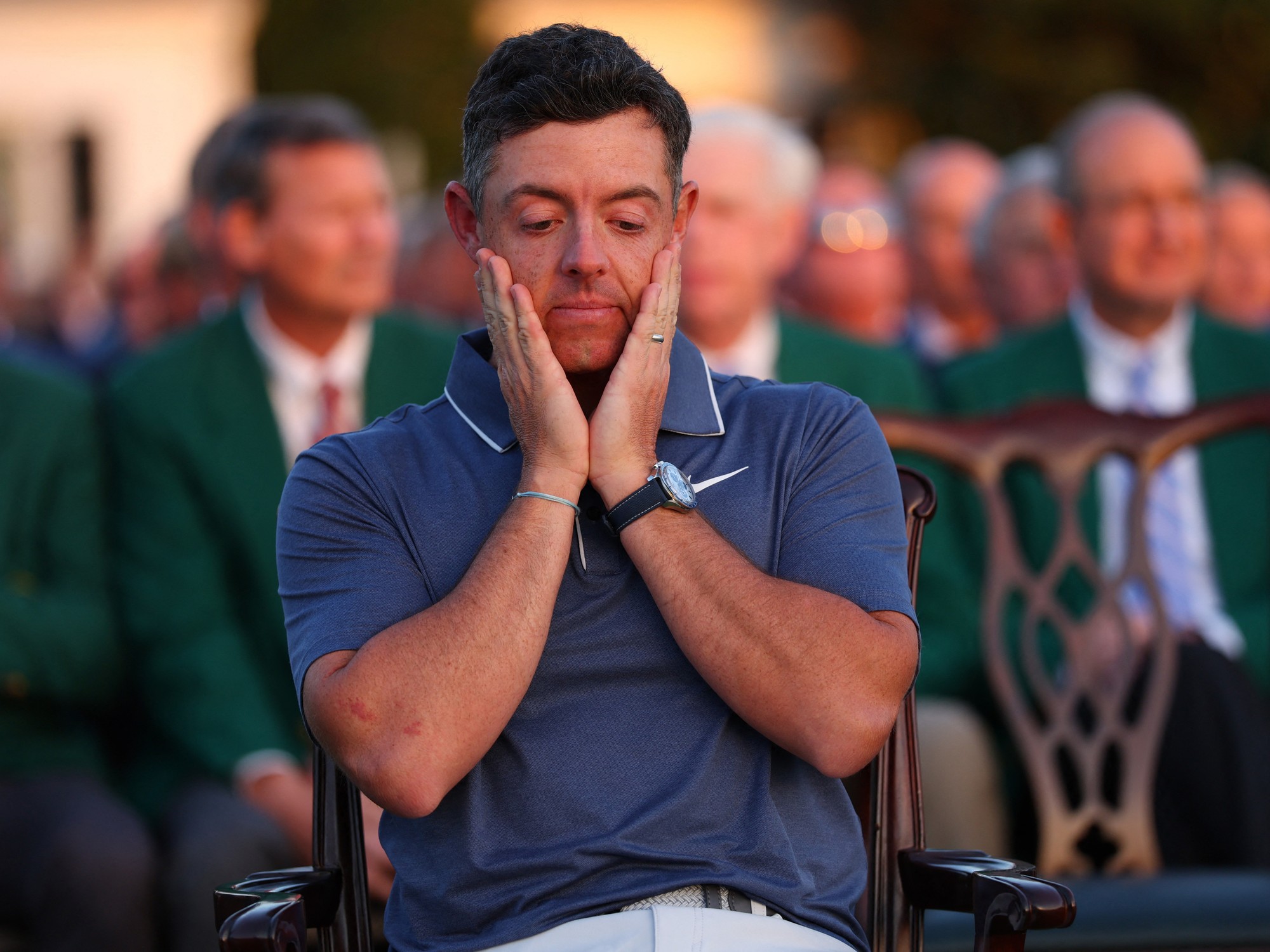Covid face masks did NOTHING to stop spread of Omicron variant, study finds
The deadly variant triggered the return of face masks and strict Covid rules
Don't Miss
Most Read
Trending on GB News
A new study has found that face masks did not stop the spread of the Covid variant Omicron.
The deadly variant triggered the return of face masks and strict Covid rules which included self-isolation, working from home and vaccine passports in November 2021.
However, the measures had little to no effect on preventing Omicron spreading, research now shows.
The new data collected by the University of East Anglia (UEA) reveals that face masks in particular were not effective once the first wave of Omicron had passed.

A new study has found that face masks did not stop the spread of the Covid variant Omicron
Getty
However, the masks did help reduce infection rates previously.
Members of the public were forced to wear face masks between November 2021 and January 2022 or face a fine of up to £6,400.
The study also found that children may have been more at risk of catching Covid by wearing a face mask after the first wave of Omicron because they had less immunity.
Face masks were first recommended in April 2020 to encourage people back to work.
LATEST DEVELOPMENTS:
"Those people who didn’t wear masks got all their infections in the first couple of weeks [of the wave] and were then immune, whereas the people who had been wearing masks weren’t immune because they’d not had Covid up until that point," Professor Paul Hunter, lead author of the Norwich Medical School at UEA told The Telegraph.
"The value of masks was always delaying the pandemic until most people had the vaccine.
"Masks contributed to that, and so therefore probably saved many lives, but once Covid was here to stay, and certainly once Omicron came with it being much more infectious … masks were ultimately of no value for most people."
Researchers said masks were linked to a 19 per cent reduction in infections during early periods of the pandemic.

Members of the public were forced to wear face masks between November 2021 and January 2022 or face a fine of up to £6,400
Getty ImagesHowever, it did not account for the much more transmissible Omicron variant.
The group of experts suggested that the masks only served to delay catching Covid.
Prof Hunter added: "Early in the pandemic there were many studies published looking at risk factors for catching Covid, but far fewer studies after the first year or so.
"Our research shows that there were changes in some risk factors around the time that the Omicron BA.2 variant became dominant."









